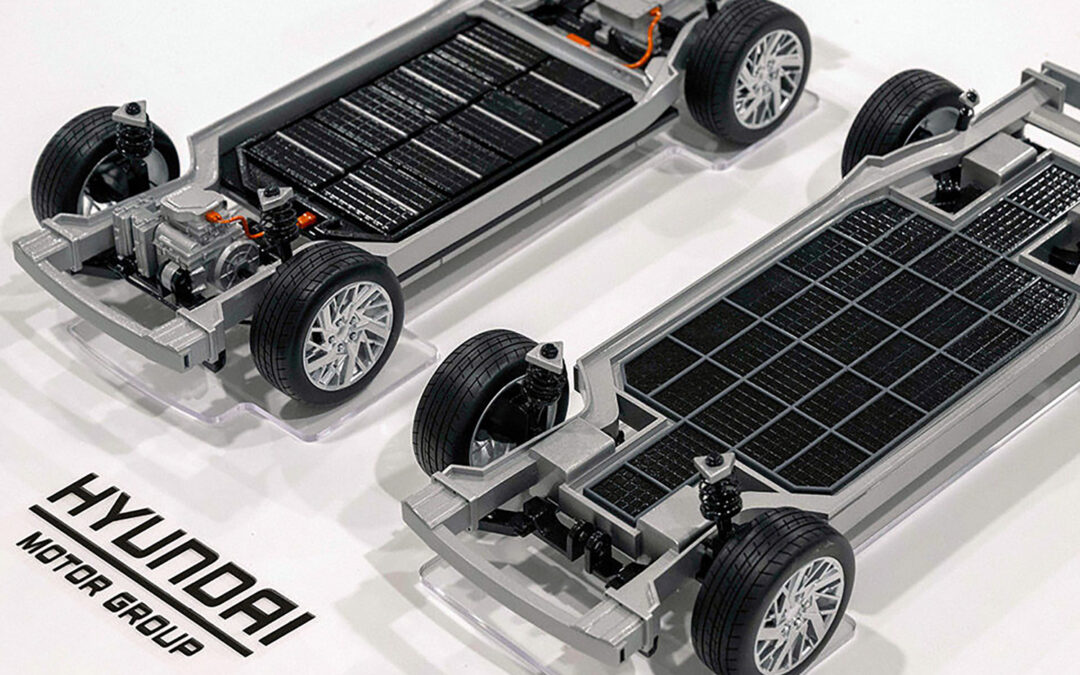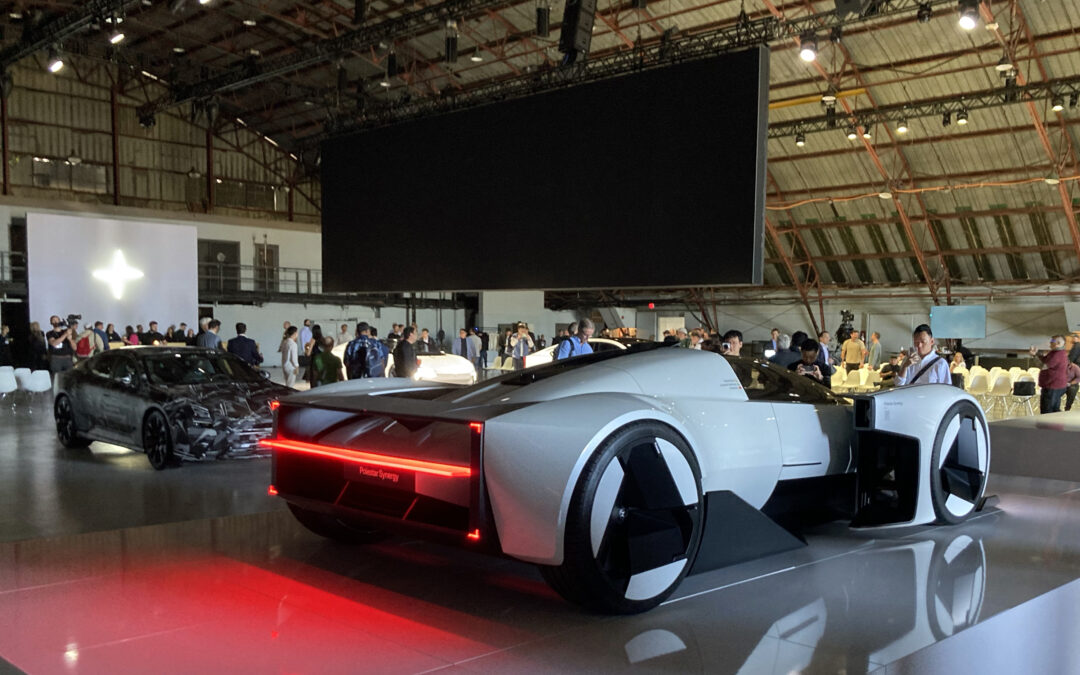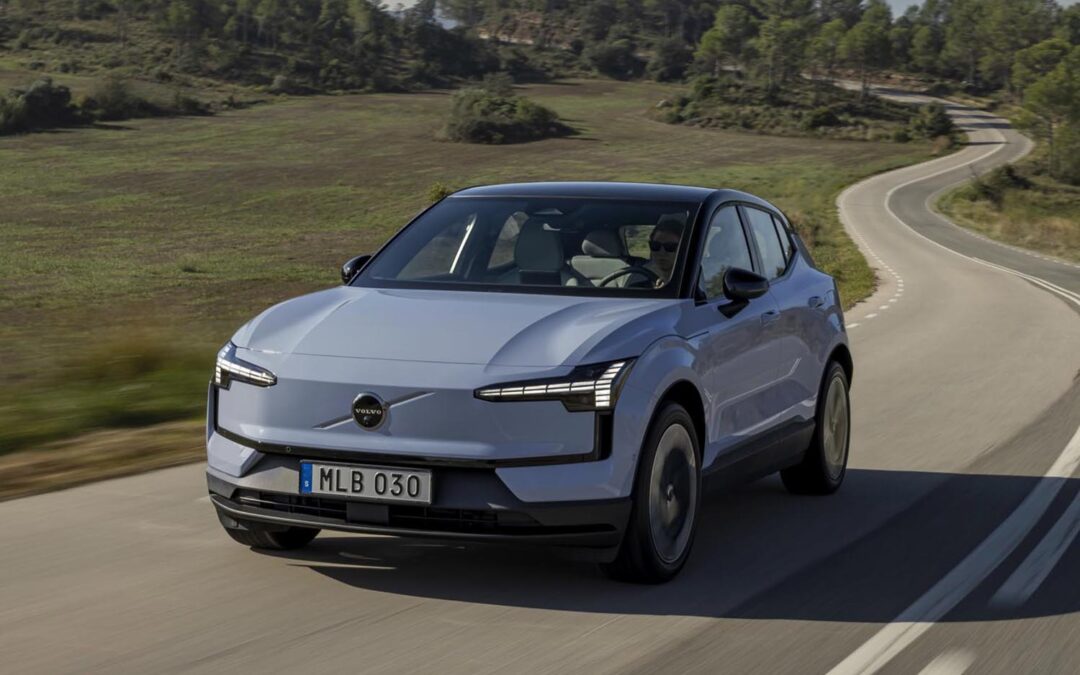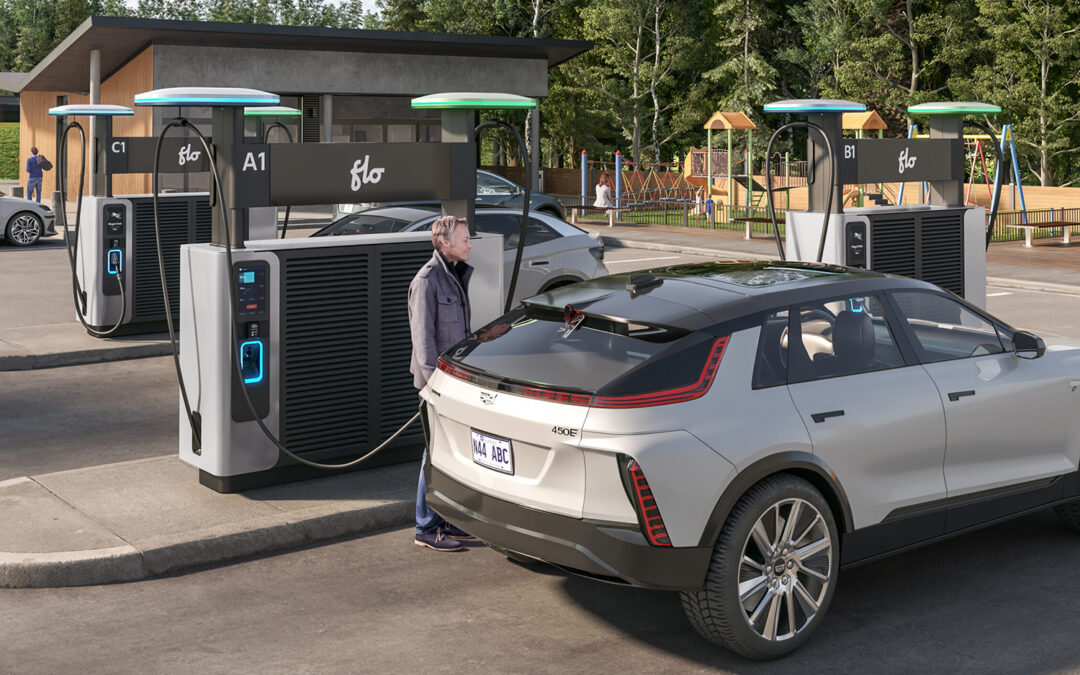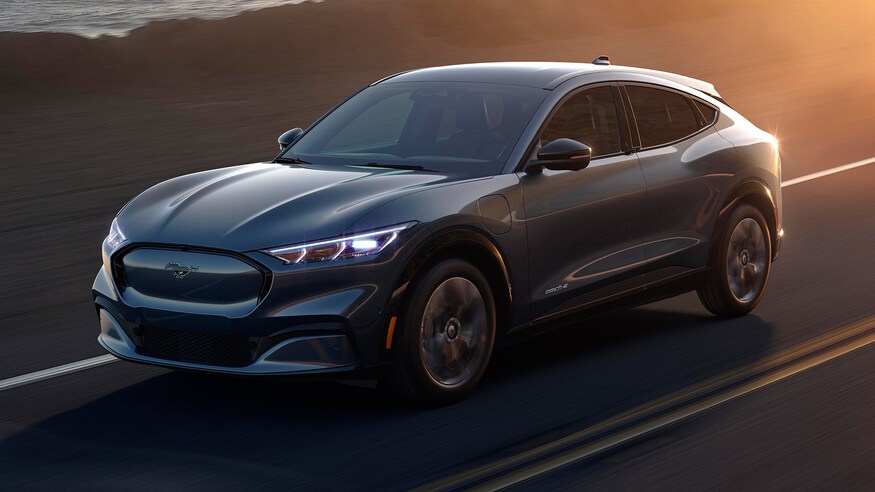Electric vehicles have many selling points, but there is no denying that their environmental sustainability remains a foremost differentiator for consumers comparing ICE vehicles to their battery-powered counterparts. However, there has been a great deal of discussion pertaining to the true life-cycle footprint of EVs — are they really that much better for the environment?
Ford Motor Company set out to answer this question with the help of University of Michigan researchers, and their findings have now been published in the journal Environmental Research Letters. The study concluded that light-duty EVs, which represent 58 per cent of the US transportation sector emissions, have approximately 64 per cent lower cradle-to-grave life-cycle greenhouse gas emissions than ICE vehicles on average across the United States. Not only that, but the study revealed that the switch from a full-size ICE vehicle to a comparable EV results in greater total tonnage of emissions reductions, due to the greater fuel consumption of larger vehicles.

Ford F-150 Lightning charging a Ford Mustang Mach-E
The study aimed to explore what light-duty vehicle electrification means for the decarbonization of the transportation industry, focused on three different model year 2020 powertrain options — internal-combustion-engine (ICE) vehicles, hybrid-electric vehicles, and battery-electric vehicles — for midsize sedans, midsize SUVs, and full-size pickup trucks. It also accounted for differences in fuel economy, annual mileage, vehicle production, and vehicle lifetime across vehicle classes.
Read more: Yale study: EVs cleaner than ICE vehicles over life cycle emissions
“This is an important study to inform and encourage climate action. Our research clearly shows substantial greenhouse gas emission reductions that can be achieved from transitioning to electrified powertrains across all vehicle classes,” said the study’s senior author Greg Keoleian, a professor at the University of Michigan School for Environment and Sustainability and director of the U-M Center for Sustainable Systems. “We report emissions for vehicle production, use, and end-of-life stages on a per-mile basis and over the total vehicle lifetime. In addition, we analyzed the regional variation in emissions considering differences in electricity grid mixes and ambient temperatures, and we also explored the effects of the rate of grid decarbonization on emission reduction.”
Finally, although EVs reportedly have larger greenhouse gas emissions than gas vehicles during manufacturing due to battery production, those emissions are effectively offset by the lack of fossil fuels in their operation.

